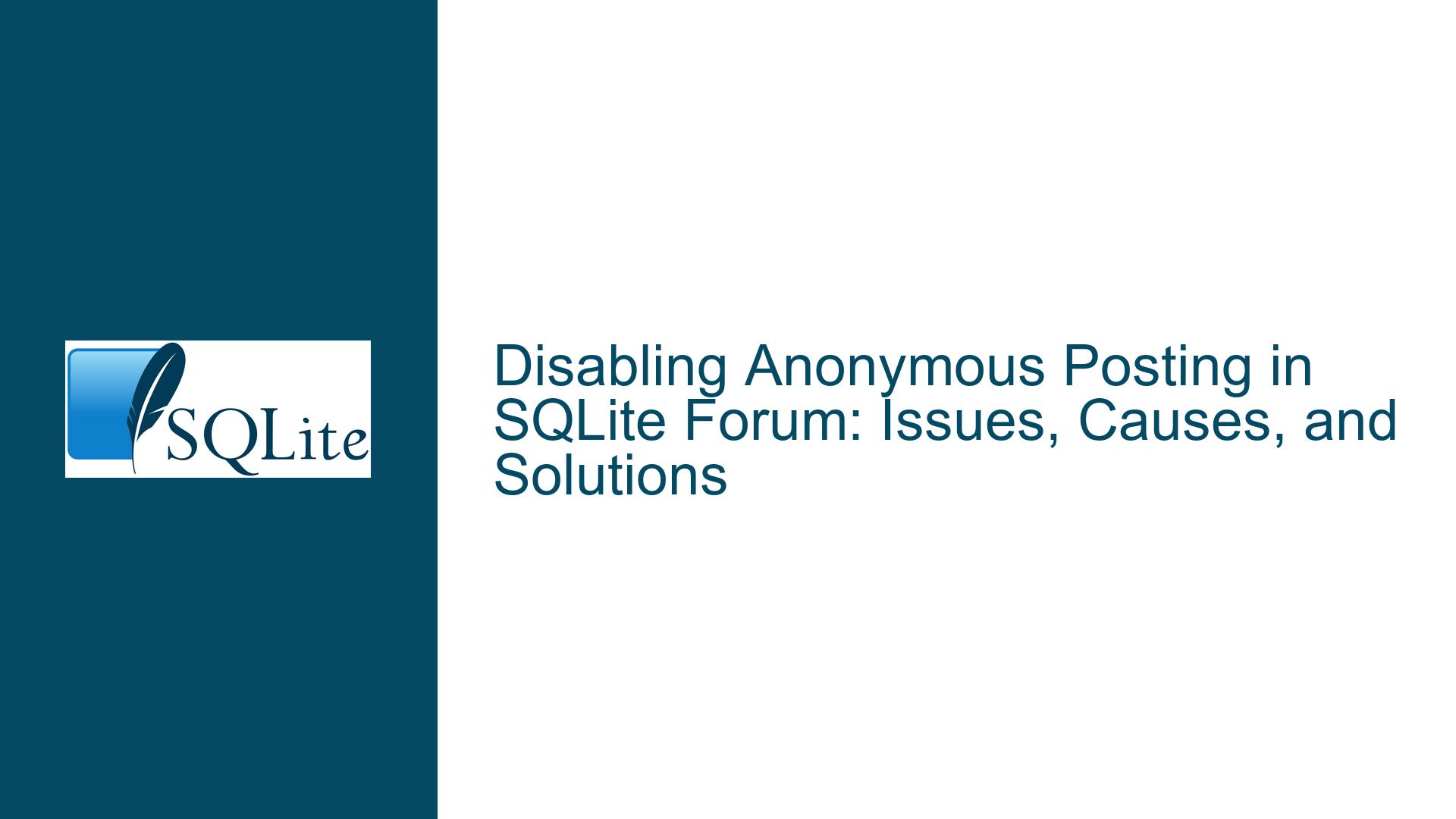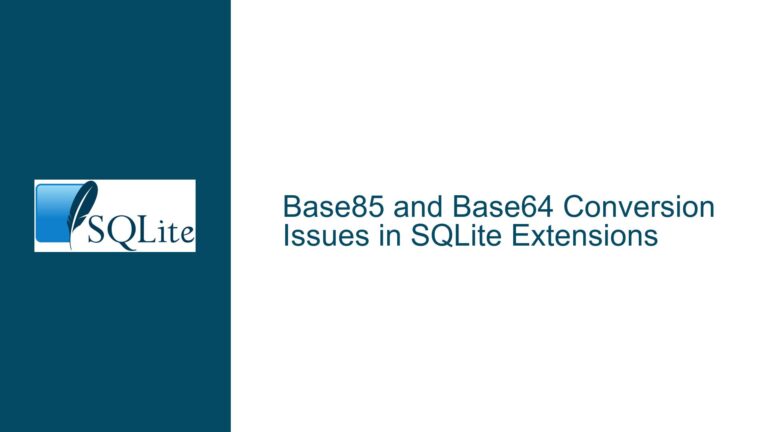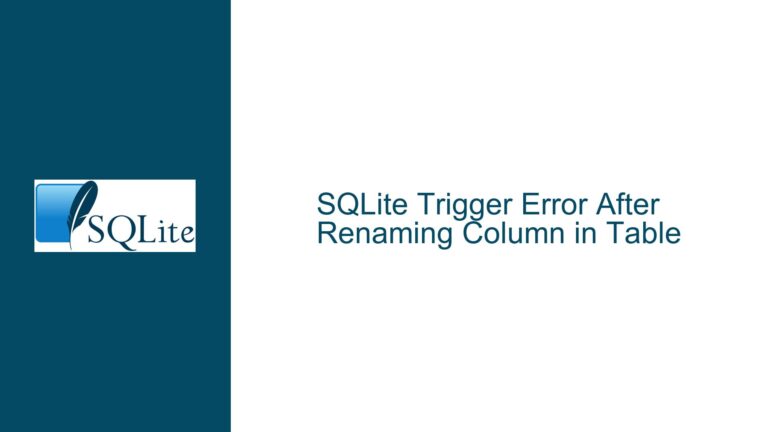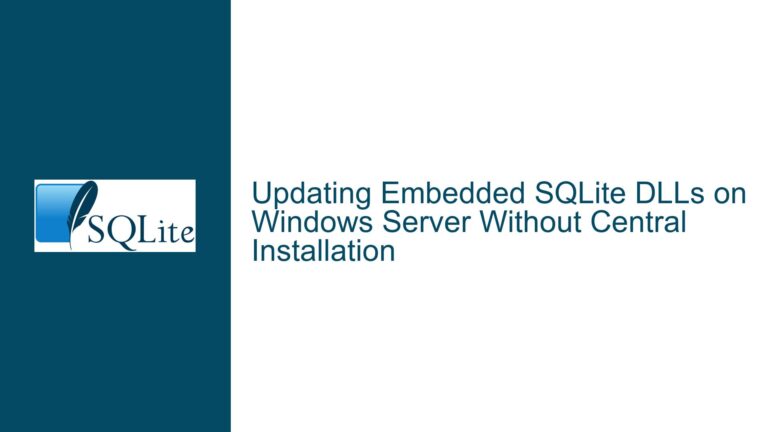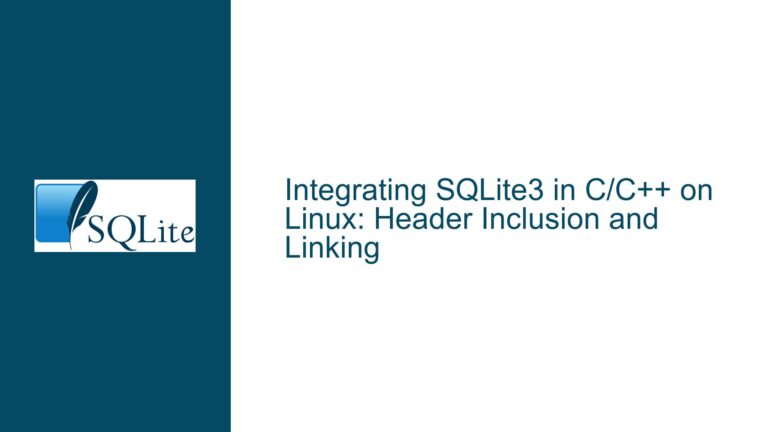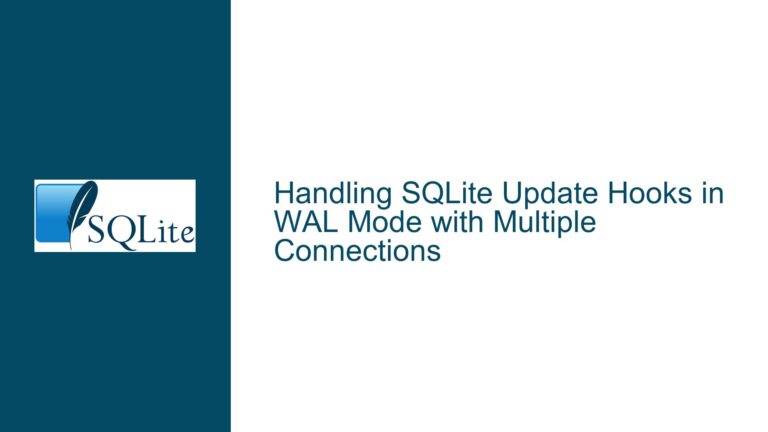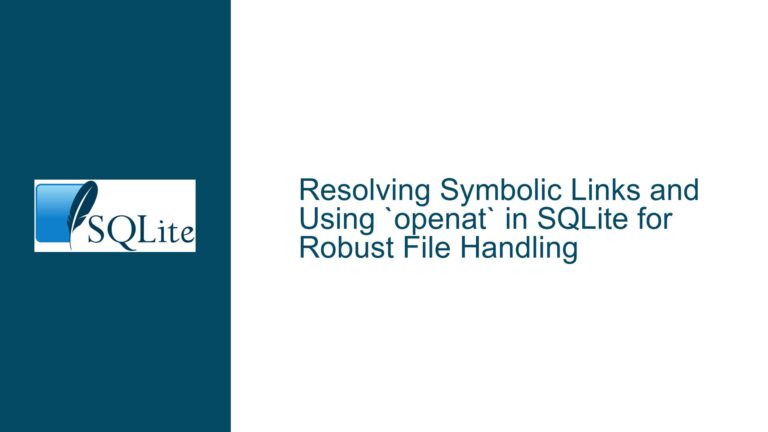Disabling Anonymous Posting in SQLite Forum: Issues, Causes, and Solutions
The Prevalence of Anonymous Posting and Its Impact on Forum Dynamics
Anonymous posting has become a significant point of contention in the SQLite forum, with a notable portion of threads featuring contributions from unidentified users. This phenomenon has led to confusion and inefficiencies in communication, as it becomes challenging to track the continuity of ideas or attribute contributions accurately. The lack of distinct identifiers for anonymous users means that multiple individuals can appear as a single entity, making it difficult to follow discussions or recognize recurring contributors. This issue is exacerbated when logged-in users are incorrectly attributed as anonymous due to technical glitches, such as IP address changes, further muddying the waters of forum interaction.
The impact of anonymous posting extends beyond mere inconvenience. It undermines the ability to build a cohesive community, as the absence of recognizable identities hampers the formation of trust and rapport among users. In technical forums like SQLite’s, where the exchange of complex information and collaborative problem-solving are paramount, the ability to distinguish between contributors is crucial. It allows for the acknowledgment of expertise, the tracking of discussion threads, and the fostering of a sense of accountability and continuity.
Moreover, the prevalence of anonymous posts can dilute the quality of discourse. Without the accountability that comes with identifiable contributions, there is a risk that the forum could become a breeding ground for low-effort or off-topic posts. While moderators currently manage to keep the forum’s content in check, the sheer volume of anonymous contributions poses a continuous challenge to maintaining the forum’s standards and focus.
The Technical and Social Underpinnings of Anonymous Contributions
The technical infrastructure of the SQLite forum plays a significant role in the prevalence of anonymous posting. The forum’s design allows users to contribute without logging in, a feature intended to lower the barrier to entry and encourage participation. However, this well-intentioned feature has unintended consequences. The ease of anonymous posting, combined with technical issues like IP-based session management, leads to a situation where even registered users can inadvertently post anonymously. This not only frustrates users who wish to maintain a consistent identity but also contributes to the overall confusion in distinguishing between different anonymous contributors.
From a social perspective, the culture of the SQLite forum and the broader tech community influences the dynamics of anonymous posting. In an environment that values open exchange and inclusivity, the option to post anonymously can be seen as a way to protect privacy and encourage candid contributions. However, this perspective clashes with the need for identifiable interactions that foster trust and continuity in discussions. The tension between these two values—privacy and community building—lies at the heart of the debate over anonymous posting.
Furthermore, the technical solutions proposed to address anonymous posting, such as using HMAC of IP addresses combined with User-Agent strings or implementing tracking cookies, introduce their own set of challenges. These solutions raise concerns about privacy, data security, and the potential for creating more technical issues, such as identity forking when users switch devices or networks. The complexity of these solutions underscores the difficulty of finding a balance between enabling anonymous contributions and maintaining a coherent and identifiable forum community.
Strategies for Mitigating Anonymous Posting While Preserving Forum Integrity
Addressing the issue of anonymous posting in the SQLite forum requires a multifaceted approach that considers both technical adjustments and community guidelines. One potential strategy is to enhance the forum’s user authentication system to reduce the incidence of accidental anonymous posting by logged-in users. This could involve improving session management to be less reliant on IP addresses, thereby minimizing the impact of IP changes on user identification. Additionally, implementing more robust user profile management, where users can easily review and update their posting preferences, could help ensure that contributions are correctly attributed.
Another approach is to encourage the use of pseudonyms as a middle ground between full anonymity and identifiable posting. By making it easier for users to create and manage pseudonymous accounts, the forum can provide a layer of identity that facilitates discussion tracking and community building without requiring users to disclose personal information. This strategy respects the desire for privacy while addressing the need for distinguishable contributions.
Community guidelines and norms also play a crucial role in shaping forum interactions. Clear communication about the value of identifiable contributions and the impact of anonymous posting on the forum’s dynamics can encourage users to opt for pseudonymous or identifiable posting. Highlighting the benefits of building a recognizable presence within the community, such as increased credibility and the ability to track one’s contributions over time, can motivate users to move away from anonymous posting.
In conclusion, while anonymous posting presents challenges to the SQLite forum’s functionality and community cohesion, a combination of technical improvements and community engagement strategies can mitigate these issues. By addressing the technical underpinnings of anonymous contributions and fostering a culture that values identifiable interactions, the forum can enhance the quality of its discourse and strengthen its community. The goal is to create an environment that balances the need for privacy and inclusivity with the benefits of recognizable and accountable contributions, ensuring that the SQLite forum remains a vibrant and effective platform for technical exchange.
